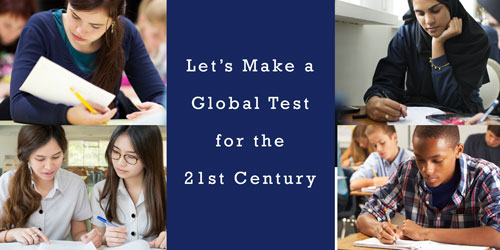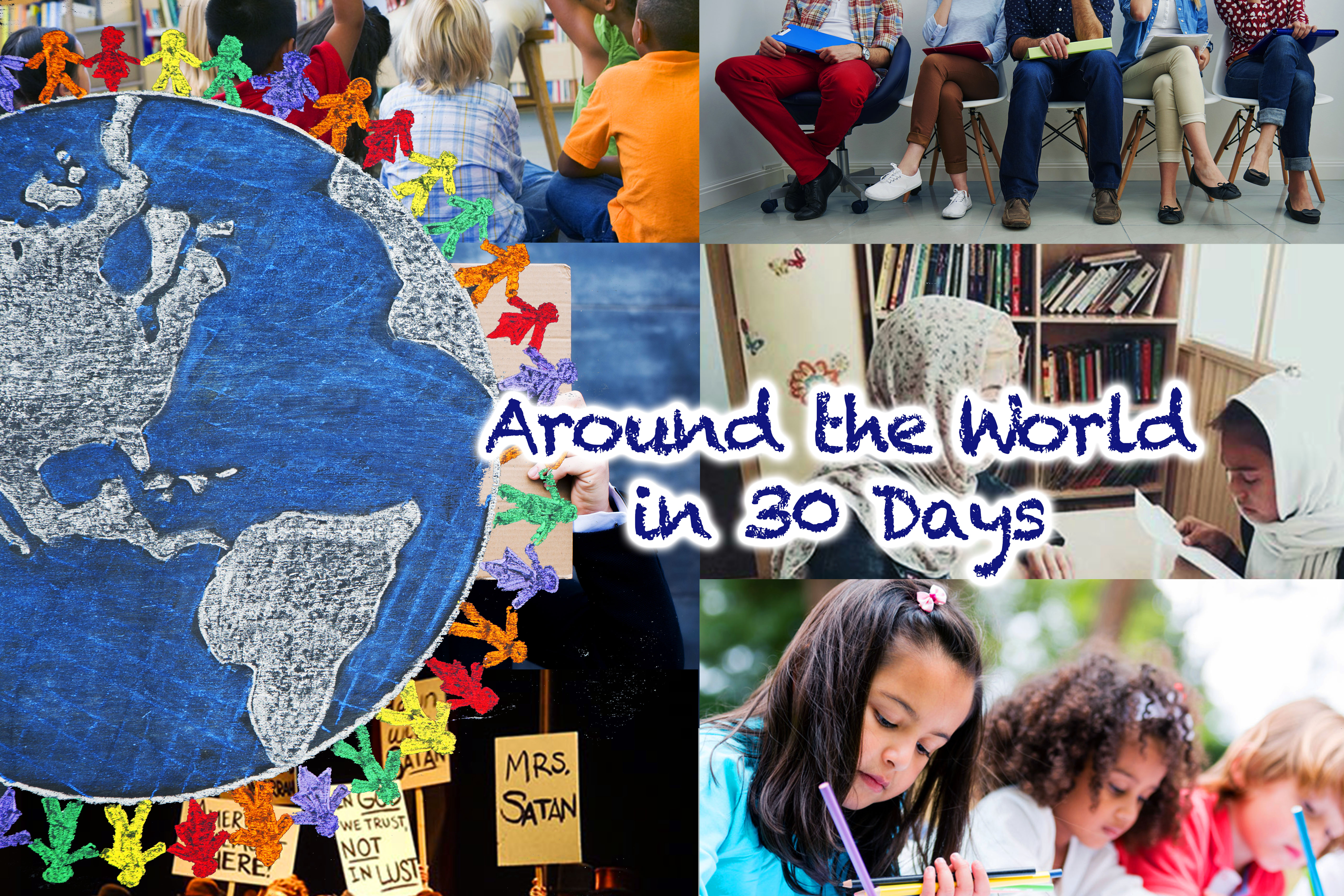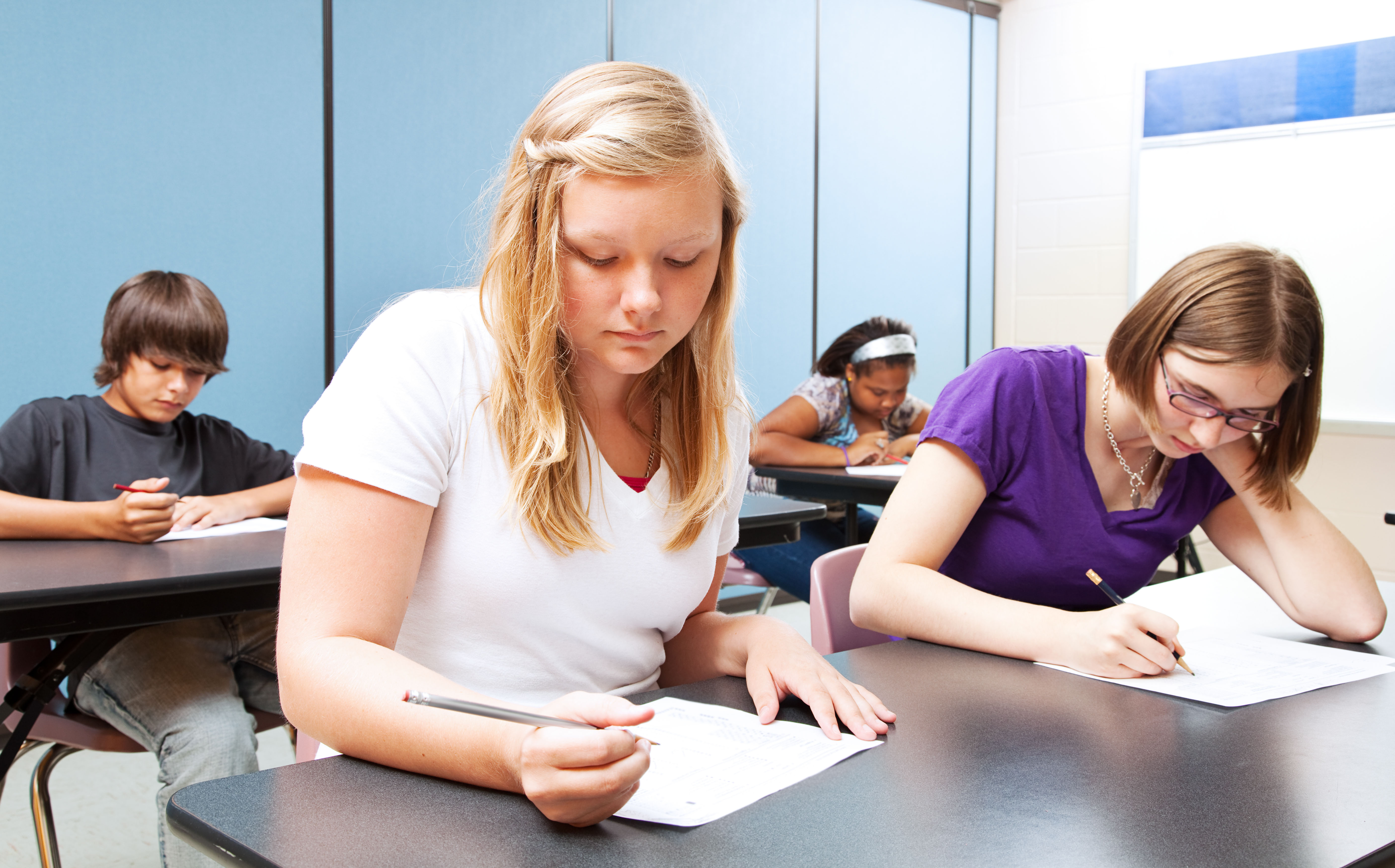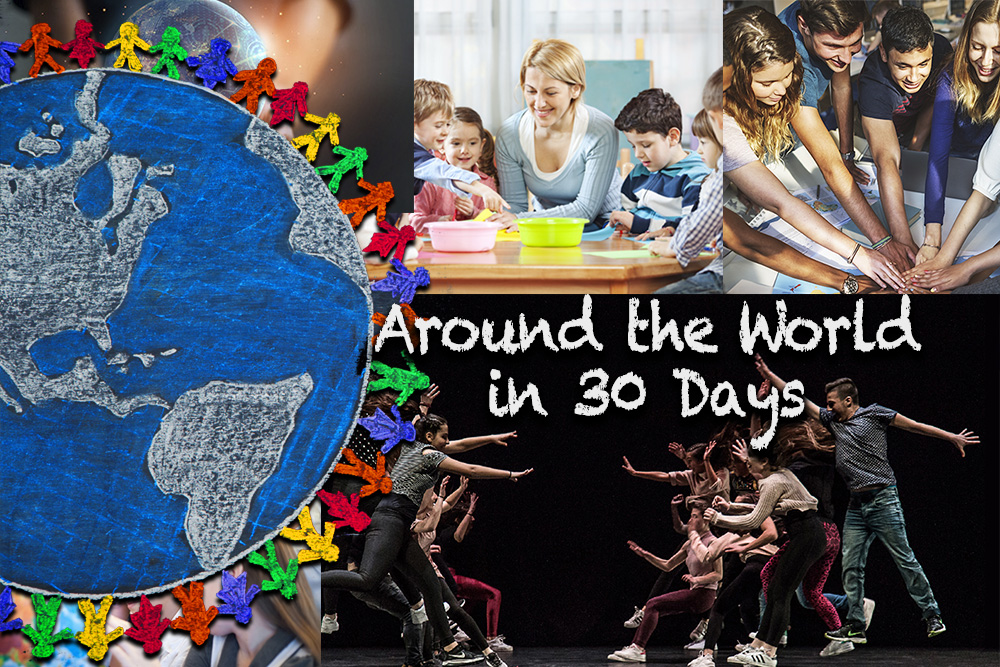PISA has successfully created a test that the world’s leaders pay attention to. But those who have not followed the decades of research and activism on what kind of education matters for a 21st Century child know that the PISA assessment is fast becoming irrelevant. The kinds of things that we test have become easy to digitize and automate so we must change the test.
It’s time to ask the important questions and get answers.
How does an academic test that measures what students in 79 countries know in reading, mathematics and science at age 15 give us sufficient data about the quality of education systems, the abilities of students to flourish in today’s world, and the quality of teachers in our classrooms? While these core subjects remain vital, this is a test with limited 21st century context, például. interdisciplinary learning, use of digital tools that students access in their everyday lives to search for immediate knowledge, and focus on the competencies recognized to be imperative to flourish as a citizen. PISA has a powerful audience to enable creation of a more relevant, holistic assessment for learning.
Az ő interjú with CMRubinWorld to publicize his new book, Világszínvonalú: Hogyan építsünk egy 21. századi oktatási rendszer, Andreas Schleicher notes:
- “The fact that we find rising numbers of college graduates all over the world who have difficulties finding a job, míg ugyanakkor a munkaadók azt mondják, nem tudják megtalálni az embereket a szükséges készségeket, shows that questions of relevance and quality are equally pertinent.”
- “The future will be about pairing the artificial intelligence of computers with the cognitive, social and emotional skills and values of humans.”
- “It will be our imagination, our awareness and our sense of responsibility that will enable us to harness the opportunities of the 21st century to shape the world for the better.
- “Tomorrow’s institutions will need to help students to think for themselves and join others, empátia, in work and citizenship.”
- “At work, otthon és a közösségben, ember kell egy mély megértése, hogyan gondolnak mások, hogy a tudósok, művészek, és mások hogyan élnek, in different cultures and traditions.”
- “Curricula need to remain true to the disciplines, while aiming at interdisciplinary learning and building students’ capacity to see problems through multiple lenses.”
- “Curricula need to balance knowledge of discipline content with knowledge about the underlying nature and principles of the disciplines.”
- “Curricula also need to focus on areas with the highest transfer value. To bring teachers along with this idea, they need to be explicit about the theory of action for how this transfer value occurs.”
- “Curricula need to balance cognitive, szociális és érzelmi szempontból a tanulás, and help teachers make shared responsibility among students part of the learning process.”
- “While the gap between what our societies need and what education systems provide continues to grow wider, the world provides so many good examples of educational success.”
We are all concerned about the future and want our children to have a fulfilling life and be successful and contributing members of the global community. The OECD has done the kutatás. Vizsgálatok hatékony eszközök. Azt mondják nekünk, hogy az emberek mit hisznek fontos. When will the vital 21st century criteria be incorporated into the tests we rely on to assess students and to encourage schools worldwide to re-orient learning? It’s time to create a global assessment that helps to figure out where we stand now and how we get our children on track.






Legutóbbi hozzászólások